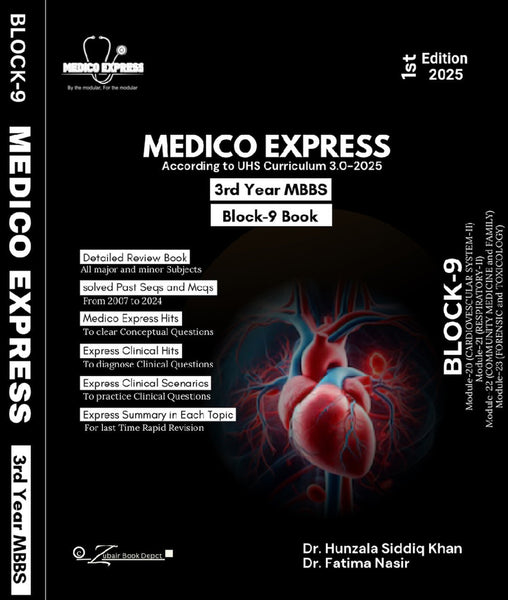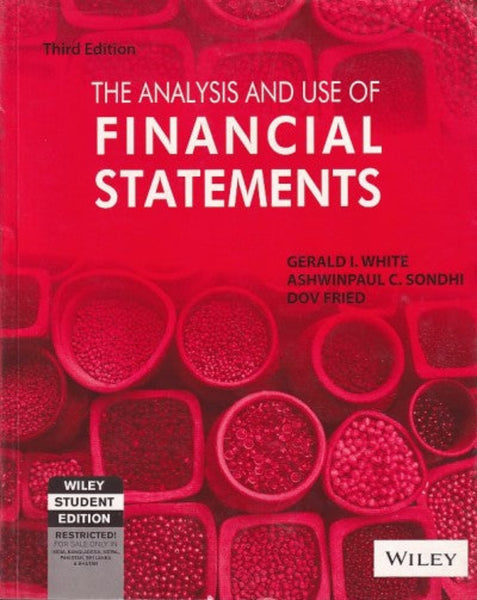Islam and Religious Change in Pakistan by Saadia Sumbal (Author)
- Publisher: HISTORY
- Availability: In Stock
- SKU: 58820
- Number of Pages: 196
Rs.475.00
Rs.625.00
Tags: 20th Century Islam , A + Quality , A Plus Quality , Barelvi and Deobandi , best books , Best Price , Best Quality , Best Selling Books , Colonial and Post-Colonial Islam , Faith and Politics , Influence of Sufis , Islam and Religious Change in Pakistan , Islam and Society , Islamic Fundamentalism , Islamic Law and Jurisprudence , Islamic Modernism , Islamic Reform Movements , Islamic Revivalism , Islamic Scholars , Islamic Theology , Islamization in Pakistan , Madrasa System , Muslim Intellectuals , Mysticism in Islam , Online Bookshop , Political Islam in Pakistan , Religious Authority , Religious Debates , Religious Education , Religious Identity , Religious Transformation , Role of Clergy , Saadia Sumbal , Sadia Sumbal , Sectarianism in Pakistan , South Asia , South Asian Islam , Spirituality in Islam , Sufi Orders , Sufis and Ulema in 20th Century , Sufism in Pakistan , Traditional vs Modern Islam , Ulema in South Asia
Islam and Religious Change in Pakistan: Sufis and Ulema in 20th Century South Asia by Saadia Sumbal (Author)
A + Quality
Introduction
This book provides an in-depth exploration of the evolving religious landscape of Pakistan, focusing on the dynamic interplay between Sufis and Ulema in the 20th century. Saadia Sumbal critically examines how religious authority, practices, and ideologies have transformed over time, influenced by historical, political, and social factors. By analyzing the contestation and negotiation between traditional Sufi mysticism and the more orthodox interpretations of Islam promoted by the Ulema, the book sheds light on the broader changes in religious thought and practice in South Asia.
Key Points
1. The Role of Sufism in Pakistan’s Religious Landscape
- Explores the deep-rooted presence of Sufi traditions in South Asian Islam.
- Highlights the influence of Sufi saints, shrines, and spiritual practices on Pakistani society.
2. The Ulema and Islamic Orthodoxy
- Discusses the growing influence of the Ulema in shaping religious discourse.
- Examines their role in interpreting Islamic law and their relationship with state institutions.
3. Religious Transformation in the 20th Century
- Analyzes how colonial rule, independence, and political shifts affected religious institutions.
- Explores the impact of reformist movements and modernity on Islamic thought.
4. State and Religion in Pakistan
- Investigates the connection between religious authorities and political power.
- Examines how religious identity has been shaped by state policies and legislation.
5. Conflict and Coexistence Between Sufis and Ulema
- Highlights the tensions between mystical and legalistic approaches to Islam.
- Explores how both groups have adapted to social and political changes in Pakistan.
Why Read This Book?
- Provides a scholarly yet accessible analysis of religious change in Pakistan.
- Offers valuable insights into the historical and contemporary roles of Sufis and Ulema.
- Explains the impact of religious transformation on Pakistani society and politics.
- Essential for students, researchers, and anyone interested in South Asian religious history.
Conclusion
Islam and Religious Change in Pakistan by Saadia Sumbal is a crucial contribution to the study of religion in South Asia. By examining the evolving roles of Sufis and Ulema, the book provides a nuanced understanding of how religious authority, practice, and ideology have transformed in Pakistan. It is a must-read for those interested in the intersection of religion, history, and politics in the region.

























